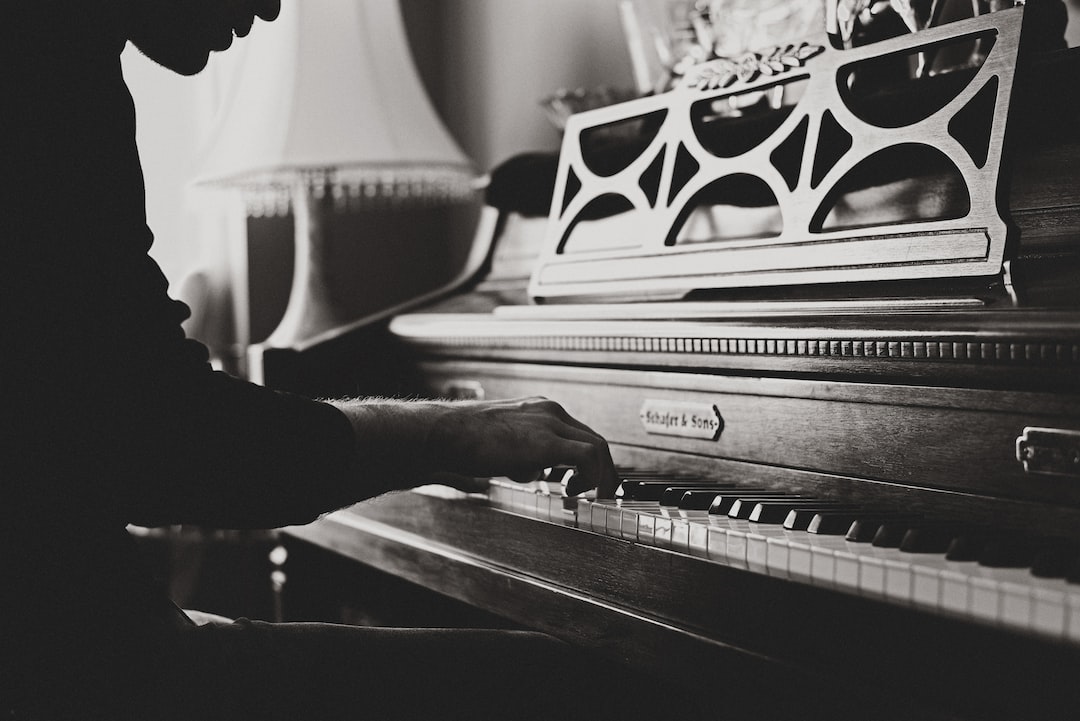As musicians, one of the most vital aspects of our training is building a rich and diverse repertoire. Repertoire encompasses the body of musical works that we have learned and can perform proficiently. It reflects our musical accomplishments and influences our growth as artists. In this blog post, we will explore the importance of repertoire in music performance and how it contributes to a musician’s development and artistic expression.
First and foremost, repertoire helps musicians develop essential technical and interpretive skills. When we learn new pieces, we encounter various musical structures, techniques, and styles. Through regular exposure to different repertoire, we gain a broader understanding of music and enhance our technical abilities. Practicing diverse pieces challenges us to tackle new musical challenges and expand our range of skills. This continual exploration of repertoire helps musicians refine their technique, musicality, and overall musicianship.
Moreover, repertoire provides musicians with a means to express their artistic individuality. Each musician has a unique artistic voice, and the selection of repertoire plays a pivotal role in showcasing this individuality. As we delve into different genres and styles, we discover the sounds and themes that resonate with us personally. This exploration allows us to find pieces that align with our artistic vision, enabling us to communicate our emotions and perspectives effectively through music. Repertoire acts as a medium for musicians to convey their thoughts, emotions, and experiences, essentially becoming an extension of their own identity.
{image: violinist.jpg}
Additionally, repertoire expands musicians’ horizons and exposes them to a wide range of musical cultures. While staying within our comfort zone can be tempting, venturing into unfamiliar repertoire can be rewarding. Exploring works from various time periods, geographical locations, and musical traditions broadens our musical knowledge and cultural understanding. It develops our ability to appreciate and respect diverse forms of musical expression. By embracing a diverse repertoire, musicians can connect with audiences from different backgrounds and foster a sense of inclusivity and unity across borders.
Furthermore, repertoire serves as a testament to a musician’s versatility and adaptability. As performers, we encounter numerous performance opportunities, each with its own requirements and expectations. By maintaining a diverse repertoire, musicians can effortlessly adapt their performances to fit different contexts and venues. Whether it be performing solo, in chamber ensembles, or with an orchestra, a varied repertoire equips musicians with the adaptability needed to excel in different musical settings. This versatility allows musicians to seize a range of performance opportunities, fostering their career prospects and artistic growth.
Lastly, repertoire plays an essential role in the preservation and dissemination of musical heritage. Throughout history, our musical heritage has been passed down through the performance of diverse repertoire. By learning and performing a variety of musical works, musicians contribute to the preservation and promotion of cultural legacies. Each time a musician performs a piece from the past, they keep it alive and relevant, ensuring that future generations can appreciate and learn from it. Through their repertoire choices, musicians become guardians of musical traditions, perpetuating the beauty and significance of historical works.


